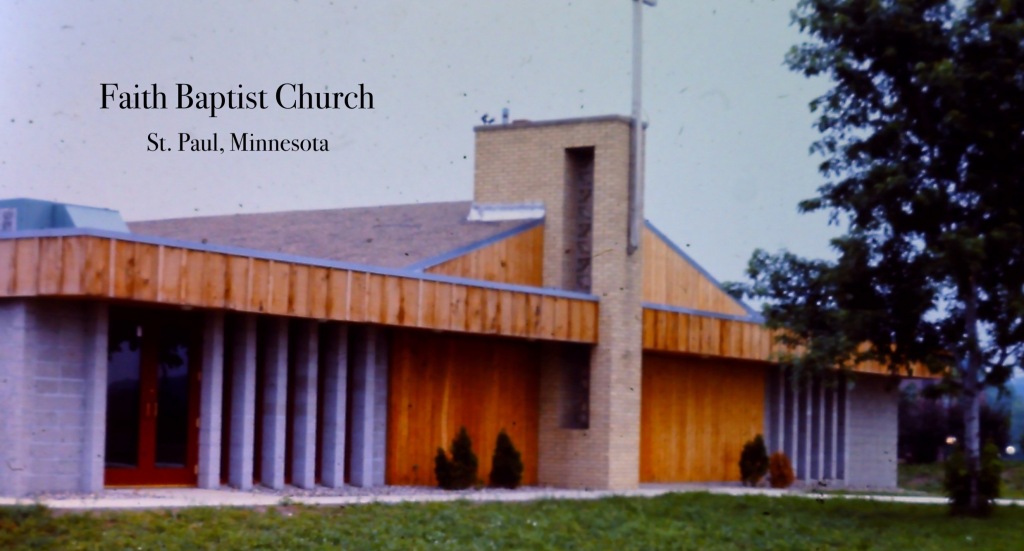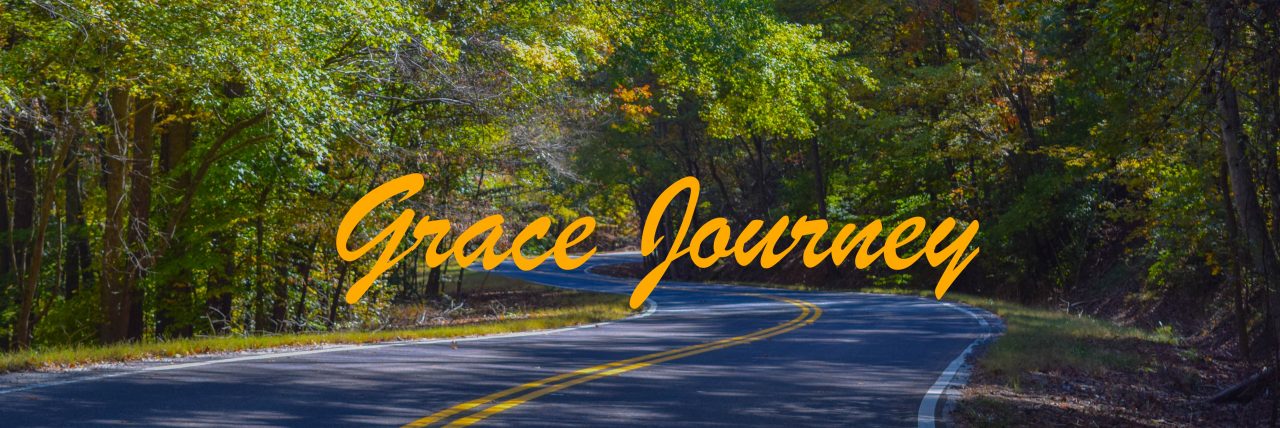Generally, the Road to St. Paul, Minnesota, does not run through Colorado, but for our family it did. In the summer of 1969 I led the youth group from Normal, Illinois, back to Colorado for our third western camping trip. We joined several other youth groups and embarked on an ambitious trek that took the entire entourage of over 100 across the Rockies to the Colorado National Monument and down to the Four Corners Area.
I did not know at the time that I would return to that area a few months later to candidate at a church in Durango, Colorado. That church owned a parsonage with a picture window that perfectly framed the LaPlata Peak, a snow-capped mountain to the north. It was a beautiful spot. During our stay to candidate for the pastorate I spent a day on horseback with a church member to check his large herd of cattle grazing on 4,000 acres of land leased from the U.S. Government. I relished the idea of becoming a preacher in authentic cowboy country.

But it was not to be. After spending five days there, and preaching five times, the church became embroiled in a controversy after we left. The result was a closed door for us, and a disappointment at the time. However, one year later, while on vacation in Minnesota, I was asked to speak at Faith Baptist, in St. Paul. This time the Lord’s leading and timing was clear. We accepted a call to Faith, and arrived in St. Paul in early November 1970, to begin a blessed eight year ministry.
Not surprisingly, St. Paul was definitely different than the growing Bloomington-Normal community, amidst the flat farmland of Central Illinois, or the picturesque mountain setting of Southwestern Colorado. St. Paul was a classic blue-collar, Democratic Party controlled city, and the church location was surrounded by government housing projects. It was a unique contrast from my youth pastor days, but it presented an exciting challenge.

The church was an inner-city work that started ten years earlier because three single-parent ladies were praying for a church to be started in their area. God led Pastor Larry Johnson to meet them, and he began Bible studies in the Community Center of what was known as the McDonough Project in those days. When we arrived the church was reaching out to three housing projects and bringing children to Sunday School via a rusty old school bus and an unreliable van.
Over the succeeding years the Lord blessed the bus ministry with growth to three routes with more than 100 riders weekly. This ministry not only reached school aged children, but teenagers, and a number of parents too. Today, 45-50 years later, we still have contact with many who came to Christ, or were discipled through the Sunday School, youth group and adult ministries. As the outreach to the public housing areas grew, God sent us many choice servants from outlying areas to reach, teach and lead in the ministry. The challenge of serving the Lord in the city became a motivation to a number of families and young couples

The ministry grew and a new building addition was constructed that doubled our building capacity, and ultimately allowed the church to establish a Christian school in 1976. God gave us several fine assistant pastors, Max Day, Wayne Vawter, and Mike Kleeberger, plus a host of church leaders, talented servants, and workers. I would be remiss if I tried to list names, and left someone out because of faulty memory. But one name stands out as an example of the dedicated individuals who served faithfully. Everyone knew Charlie Reed, and the unwavering testimony that he consistently manifested.
Charlie was a character. He was a former prize-fighter, and a strong patriot. But, most of all, Charlie loved to tell the story of how Christ saved him as a young, pugnacious man. Many times I sat with him in someone’s living room, and heard him tell his conversion testimony to a needy person. I can repeat certain parts of his testimony word-for-word to this day. He wasn’t the only one – but, he was a leader, an example, and an inspiration to many during those days of hard work and blessing.

We reached out to all people. While thinking about the recent tension and riots in Minneapolis and St. Paul I recalled an experience I had with a large black family. The mother and her bunch of kids came regularly to our services. They were in the welfare system at the time, and the husband was a day laborer who had a drinking problem. I developed a relationship with Billy, although he did not come to church. I visited the home, and at times he would pick up the family after services and I would talk with him.
Once he showed up after a Sunday evening service to apologize to the wife after sobering up from a drunken bender. I admonished him for his behavior and encouraged him to be a responsible dad for his kids. He showed sincere contrition and vowed to do better. My heart went out to him.
Following that incident I was invited to a meeting of a dozen social workers to discuss the perils of this struggling family. After some discussion I remember all the social service professionals turned to me and said, “Reverend, it looks like you are the only one here who has a relationship with Billy.” Sad, but true. Not long after that we were called to leave Faith for my new ministry, and within six months I was sent a report that Billy got in a fight and killed a man while drunk. That was Eastside St. Paul ministry. Often tragic; but always rewarding.
After being in St. Paul several years I learned that the notorious Chicago gangsters would hide out there during the bootlegging days of the Prohibition Era and Great Depression. The remnants of that ungodly influence were still in evidence during the 1970s, but God’s grace was sufficient to do a work of grace in many lives during our years of ministry in St. Paul. We are so thankful to be a part of that grace journey.

Very interesting, Gerry. We lived in MPLS during the late 60’s when there were race riots and looking back driving home from work through the hoods at midnight would be unsettling for me now; but gave it little thought then. I have had similar experiences in my 40 years as pastor here in Indianapolis ministering to bus kids’ families in the inner city. Not the quiet, neat suburb church that one might have dreamed of pastoring when in seminary, but always a challenge and going to work every day was never “dull!” Thanks for sharing your journey.
Tony
Praising God with you! I never knew the history of that church but it was a blessing to read this!
Sent from my Verizon Motorola Droid
As newly weds my wife Carole and I began our ministry at Faith in the summer of 1972. Living in the inner city was a unique experience. God blessed our ministry with fruit in the lives of many children and teens. Our four years at Faith were a learning experience and set the pattern for our ministry to the present.